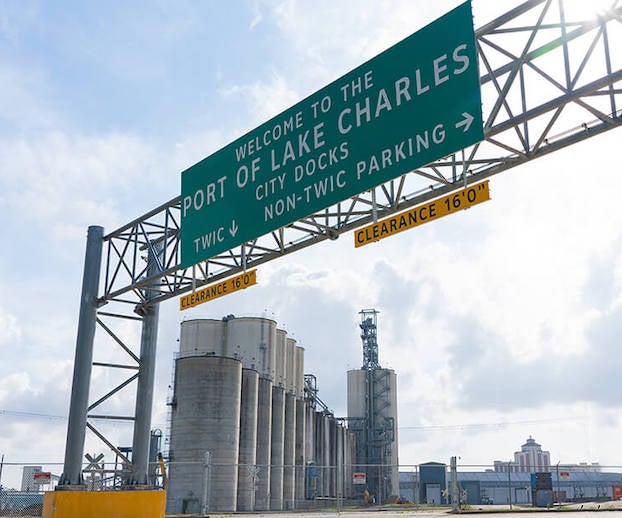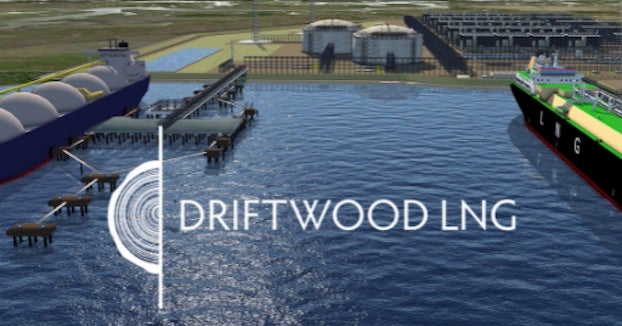A look at planned LC Methanol plant
Published 4:42 am Tuesday, February 20, 2024
Southwest Louisiana could become home to the first manufacturing plant in the world to capture and sequester its own CO2, according to a spokesperson from Lake Charles Methanol II. The $3.2 billion manufacturing plant investment was announced last week, will be located east of Carlyss on property along the Calcasieu River Ship Channel owned by the Port of Lake Charles, and its product shipped by barge to marine vessel customers in the U.S., Europe and Asia.
In the Louisiana Economic Development news release, the Gov. Jeff Landry called the LCM endeavor an existing business. N. Hunter Johnston, LCM attorney and principal, said the existing business is the Houston-based development company doing the work to pull the project together. There is no facility in operation at this time.
This facility will use natural gas as primary feedstock to produce methanol, “an important global chemical feedstock and clean-burning fuel,” Johnston said.
The plant might also use some renewable natural gas, known as RNG at some point – only to the extent that it’s available and makes economic sense, Johnston said. RNG refers to energy sources such as landfill gas or refuse from dairy farms, Johnston explained.
The project, “using well-proven technologies” will first convert natural gas into hydrogen and carbon molecules in a process called auto-thermal reforming, Johnston said. Excess carbon molecules, totaling about 1 million metric tons of carbon dioxide (CO2) per year will be captured and sent by pipeline (owned by a separate company) to an existing network of CO2 pipelines that run along the Gulf Coast from Mississippi through Louisiana and into Texas.
The company that owns the pipeline will transport and sequester the CO2 from the project in one or more sequestration sites. The project’s process will take the remaining carbon and combine it with the hydrogen it has produced to create the final methanol product.
The project is going through permitting processes now with the Louisiana Department of Environmental Quality. Permitting is expected to be completed early summer. Construction is estimated to begin in the fall.





